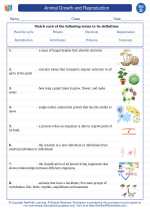Zygote: The Beginning of Life
A zygote is the initial cell formed when two gametes, one from a male and one from a female, fuse during fertilization. It is the first stage in the development of a new organism. The zygote contains all the genetic information necessary to form a new individual.
Formation of Zygote
When a sperm cell fertilizes an egg cell, the two gametes merge to form a zygote. This typically occurs in the fallopian tube of the female reproductive system. The zygote then begins to divide through the process of mitosis, ultimately developing into an embryo.
Genetic Information
The zygote contains a complete set of chromosomes, half from the father and half from the mother. These chromosomes carry the genetic instructions that determine the traits and characteristics of the new organism.
Study Guide
- Definition: What is a zygote and how is it formed?
- Development: What happens to the zygote after fertilization?
- Genetic Information: What genetic material does the zygote contain?
- Importance: Why is the zygote considered the beginning of a new organism?
Understanding the concept of the zygote is fundamental to grasping the beginning stages of human development and reproduction. It serves as the foundation for the growth and formation of a new individual.
.◂Science Worksheets and Study Guides Fourth Grade. Animal Growth and Reproduction
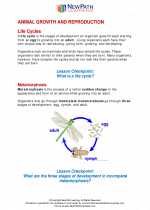
 Activity Lesson
Activity Lesson
 Worksheet/Answer key
Worksheet/Answer key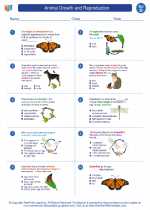
 Worksheet/Answer key
Worksheet/Answer key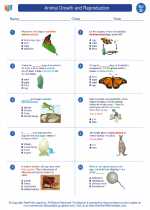
 Worksheet/Answer key
Worksheet/Answer key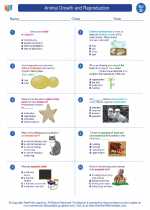
 Worksheet/Answer key
Worksheet/Answer key
 Vocabulary/Answer key
Vocabulary/Answer key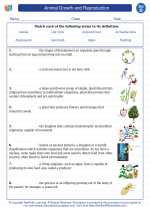
 Vocabulary/Answer key
Vocabulary/Answer key
 Vocabulary/Answer key
Vocabulary/Answer key
 Vocabulary/Answer key
Vocabulary/Answer key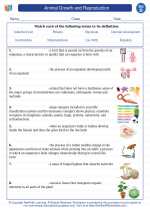
 Vocabulary/Answer key
Vocabulary/Answer key